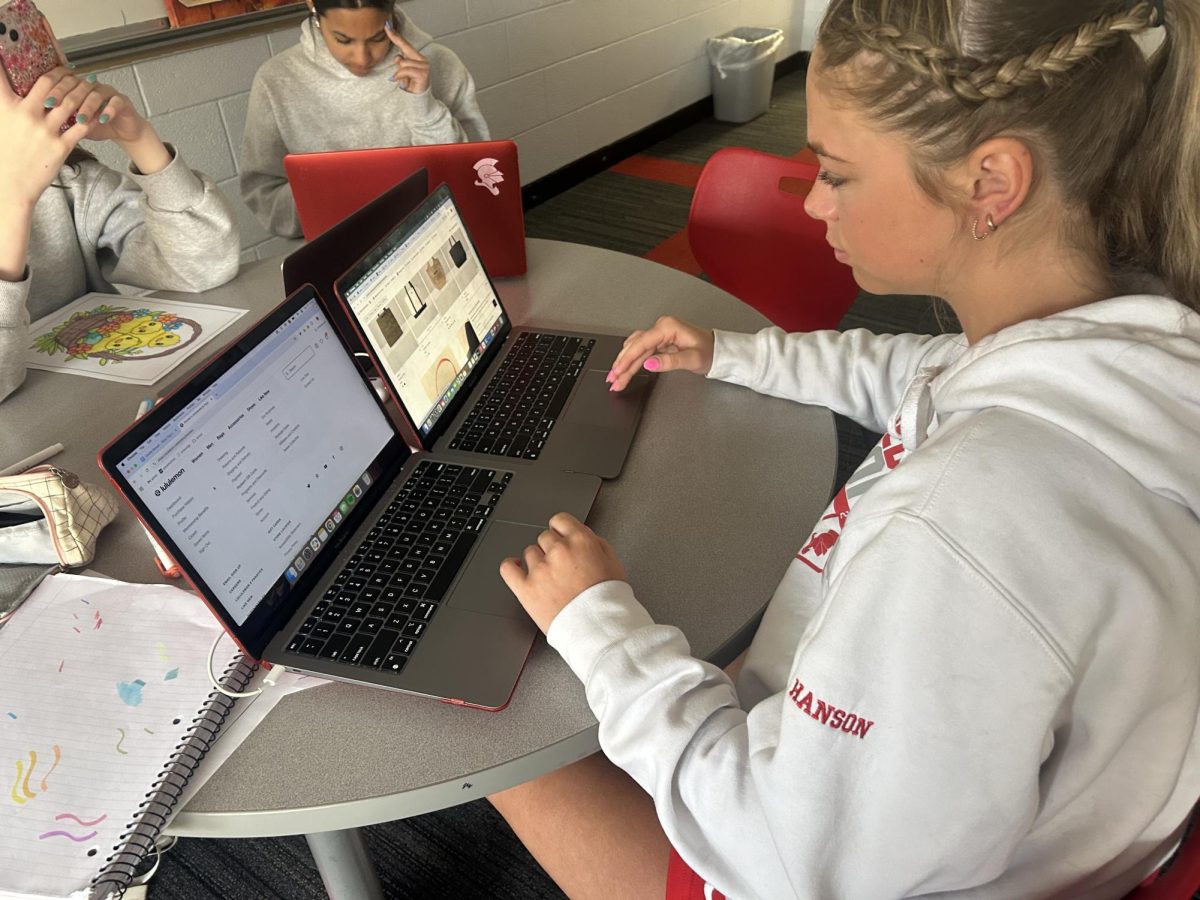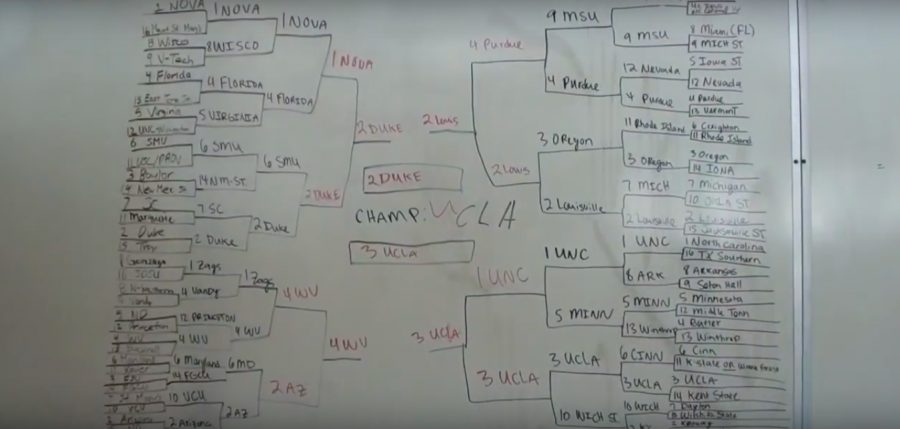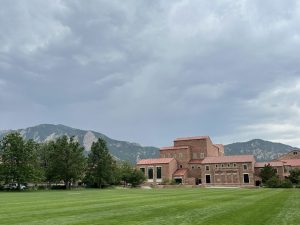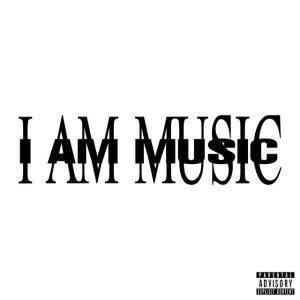School blocks internet access during March Madness
Without the internet, students may have to go old school to keep track of their bracket. Last year two students created this bracket to keep track of the tournament in Room 152.
March 25, 2018
When the calendar turns over to the month of March, college basketball fever consumes the student body in anticipation of March Madness. However, every year, the school blocks the streaming of first-round play during the school day––when this fever is at its peak.
For the majority of the year, streaming platforms such as WatchESPN, CBS Sports, NBC Sports, and others are left unblocked – allowing students to watch live sports, such as college basketball. But, during March Madness, all of these sites and any others that could provide students with the chance to watch the games are promptly blocked on the morning of March 15––shortly before first-round play begins.
Moreover, because online brackets are usually linked to these domains, students can no longer view their brackets during the school day either. Even for students who don’t particularly care for the tournament, the excessive content-filtering that lasts these two weeks can prevent them from viewing articles or sports news that is independent of March Madness.
The first round of the tournament is always home to some of the most exciting moments of the tournament. So, in order to get through all 32 first-round games in just a few days, many of these are played during the school day, often starting as early as 11:00 AM. Students who are strong fans of a particular team in the tournament could find themselves completely missing the only game their favorite team plays––as half of the field will be eliminated in the first round. Not only that, but the upsets during the first round of games are what usually determines the relative success of many students’ brackets.
As a result, many students take desperate measures to watch the games in school. A common tactic is to download the ‘CBS Sports’ app and attempt to discreetly watch the coverage on one’s phone. Other students will use their phone’s wifi hotspot to connect to their computers, therefore bypassing the school’s blocking.
This doesn’t mean though that the counterargument for preventing students from watching these games during the school day is unwarranted. The popularity of March Madness in comparison to that of regular season play for college basketball draws in hundreds of students that wouldn’t normally take time out of their school day to watch.
As a result, the strain of all of this streaming on the school’s wireless network can significantly inhibit the quality of connection for the rest of school. “If a quarter of the school is all watching the Oklahoma vs. Rhode Island game in hi-def, the internet would collapse, and that would affect the other 900 students trying to get stuff done in class,” Bill Cheney, BSM’s Help Desk Manager, said.
Part of it, of course, is the distraction that the games would be to students in class. “Some of it is the distraction aspect obviously, but it has way more to do with our network working correctly,” Cheney said.




































![Teacher Lore: Mr. Hillman [Podcast]](https://bsmknighterrant.org/wp-content/uploads/2025/03/teacherlorelogo-1200x685.png)













